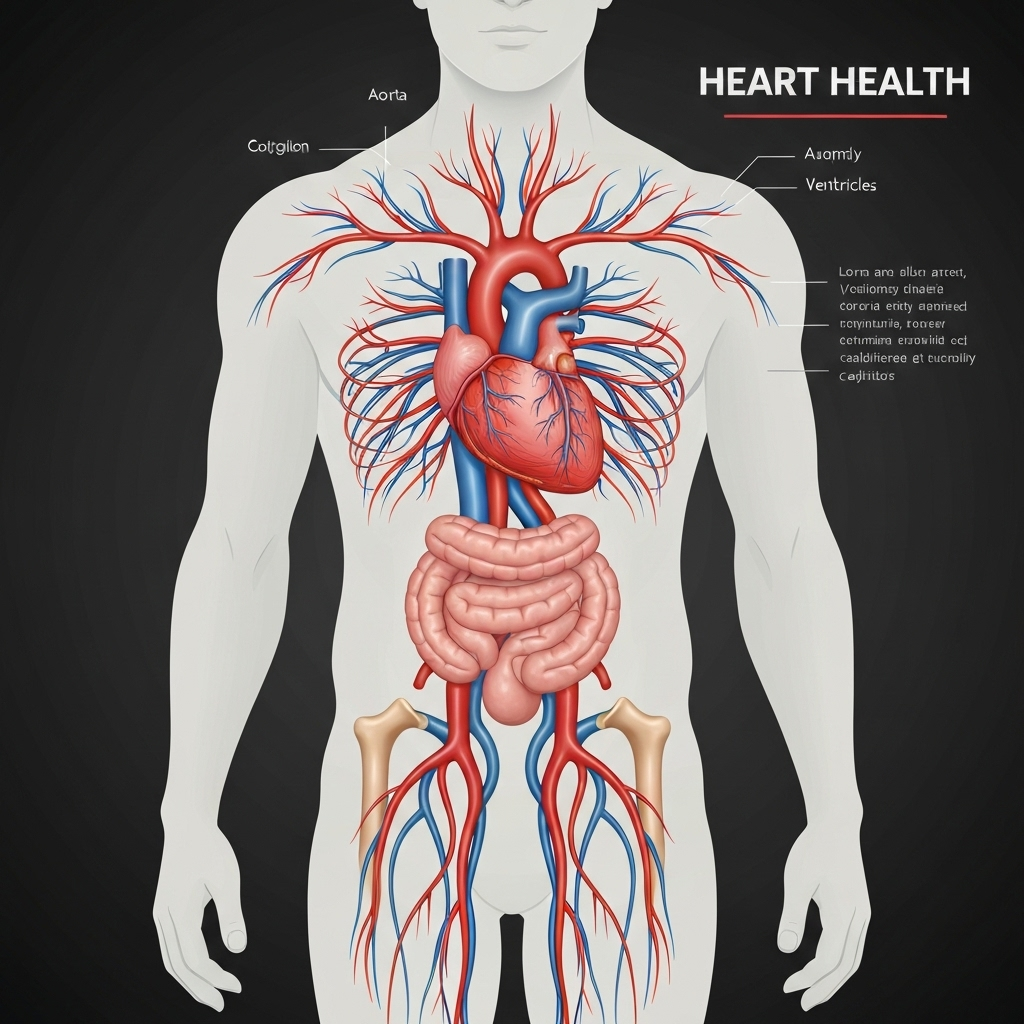Understanding Heart Health: Prevention and Early Detection
Learn about cardiovascular risk factors, prevention strategies, and when to seek medical attention for heart-related symptoms.

About the Author
Dr. Michael Chen, MD - Board-certified cardiologist with over 15 years of experience in preventive cardiology and heart disease management.
Introduction to Heart Health
Cardiovascular disease remains the leading cause of death globally, but many heart conditions are preventable through lifestyle modifications and early detection. Understanding your risk factors and taking proactive steps can significantly reduce your chances of developing heart disease.
Key Risk Factors
Several factors can increase your risk of heart disease:
- High blood pressure: Often called the "silent killer" because it typically has no symptoms
- High cholesterol: Can lead to plaque buildup in arteries
- Diabetes: Increases risk of heart disease and stroke
- Smoking: Damages blood vessels and reduces oxygen in blood
- Obesity: Puts extra strain on the heart
- Physical inactivity: Weakens the heart muscle
- Family history: Genetic predisposition to heart disease
Prevention Strategies
The good news is that many risk factors are modifiable through lifestyle changes:
Diet and Nutrition
Follow a heart-healthy diet rich in:
- Fruits and vegetables
- Whole grains
- Lean proteins
- Healthy fats (omega-3 fatty acids)
Limit sodium, saturated fats, and processed foods.
Regular Exercise
Aim for at least 150 minutes of moderate-intensity aerobic activity per week, or 75 minutes of vigorous-intensity activity. Include strength training exercises at least twice a week.
Stress Management
Chronic stress can contribute to heart disease. Practice stress-reduction techniques such as meditation, deep breathing, or yoga.
Early Detection and Screening
Regular health screenings are crucial for early detection:
- Blood pressure: Check at least once every two years
- Cholesterol: Screen every 4-6 years starting at age 20
- Blood glucose: Screen for diabetes every 3 years starting at age 45
- BMI: Monitor weight and body mass index regularly
When to Seek Medical Attention
Contact your healthcare provider immediately if you experience:
- Chest pain or discomfort
- Shortness of breath
- Pain in arms, back, neck, jaw, or stomach
- Sudden dizziness or lightheadedness
- Rapid or irregular heartbeat
Conclusion
Heart health is largely within your control. By making informed lifestyle choices, staying active, eating well, and working closely with your healthcare team, you can significantly reduce your risk of heart disease and enjoy a healthier, longer life.
Medical Disclaimer: The information provided in this article is for educational purposes only and should not replace professional medical advice. Always consult with your healthcare provider before making any medical decisions or changes to your treatment plan.